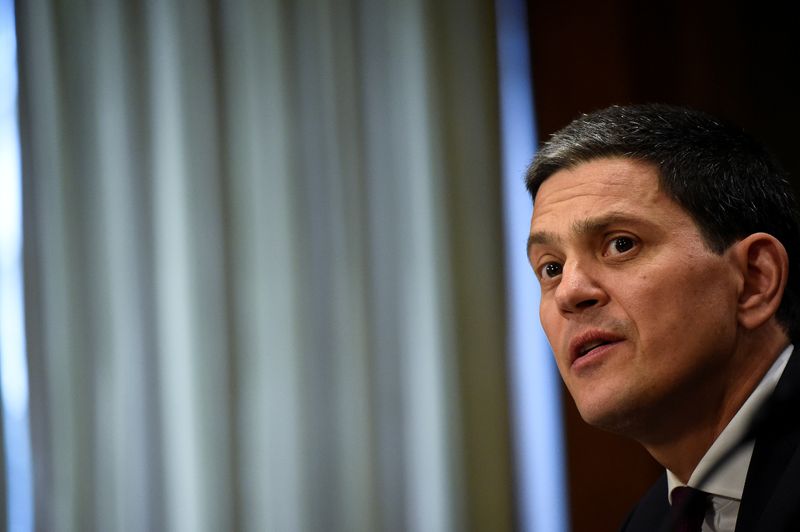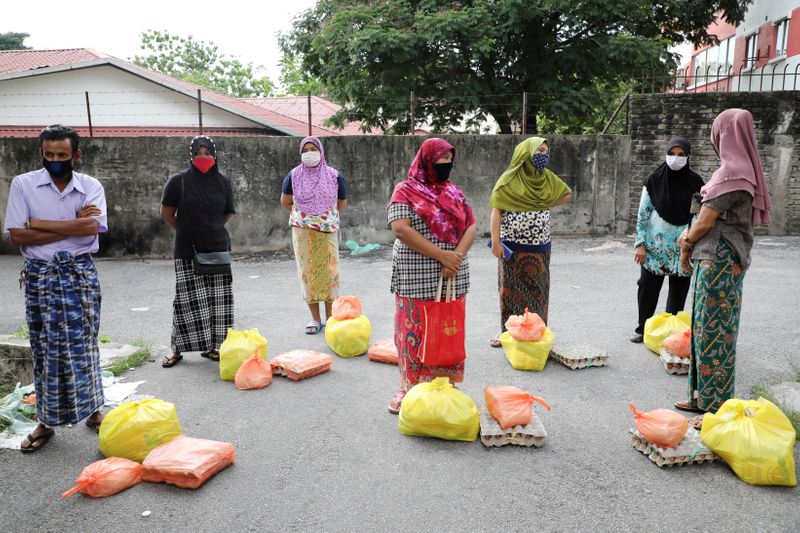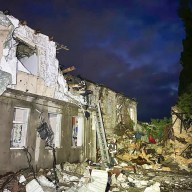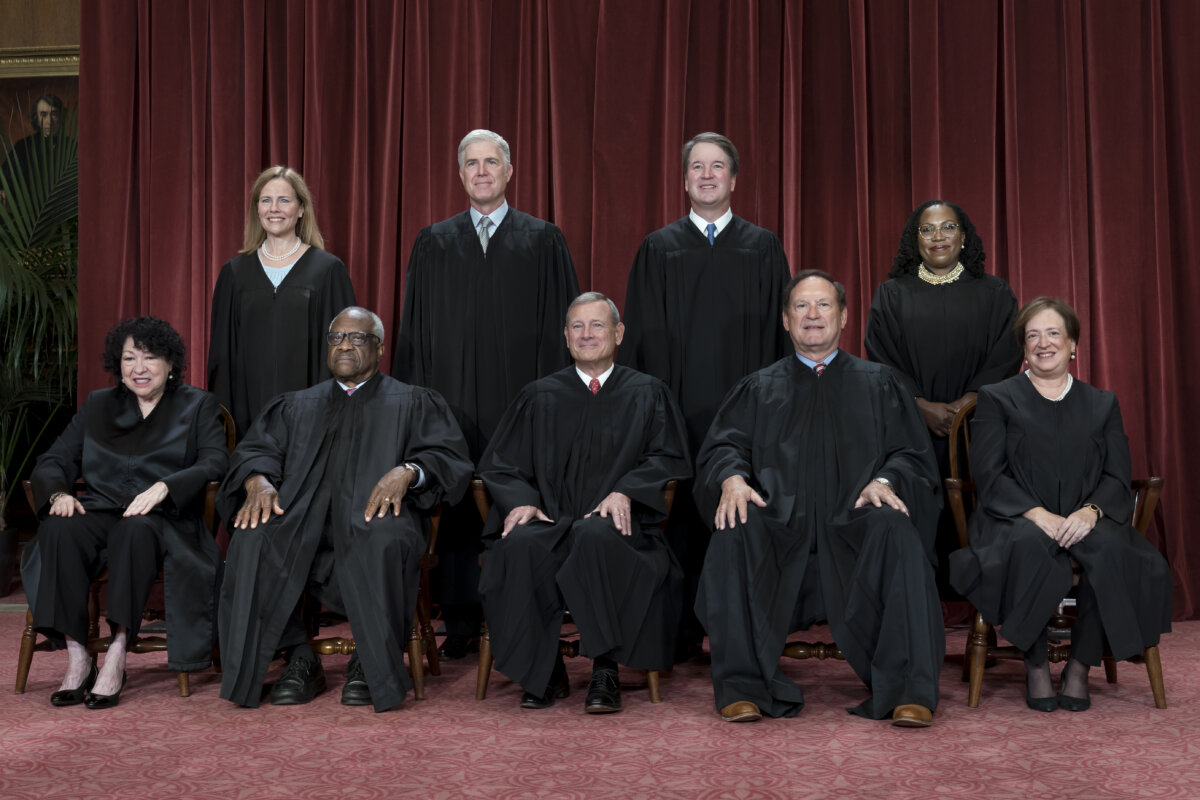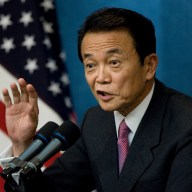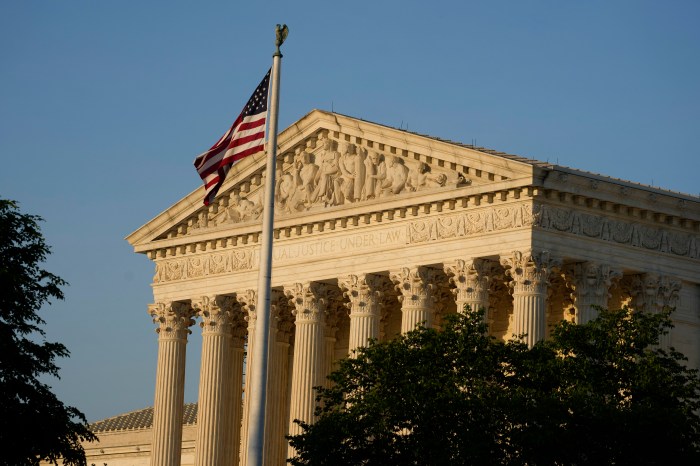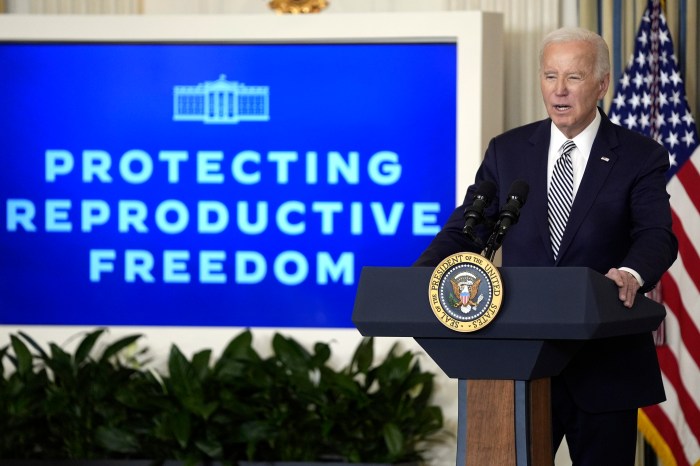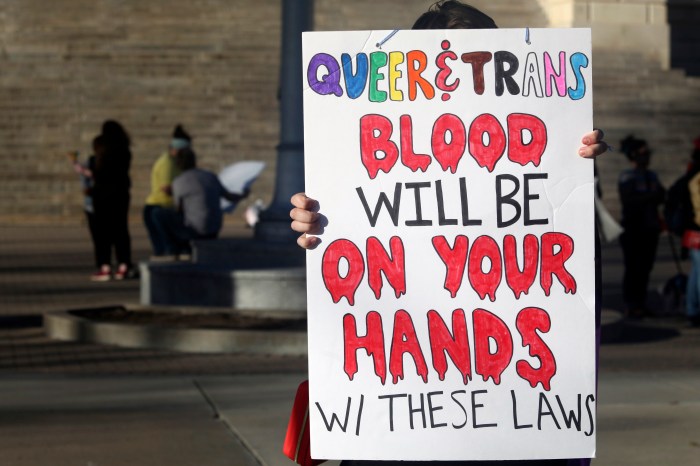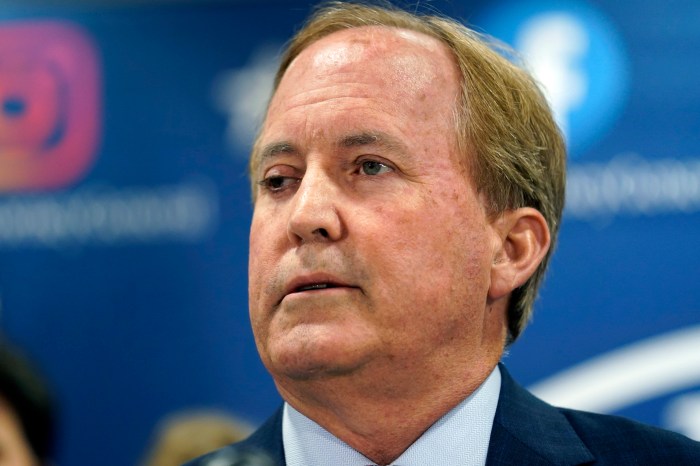NEW YORK (Reuters) – As the COVID-19 pandemic spreads, people already displaced by conflict, hunger and economic upheaval are especially vulnerable. Lauren Young and Michelle Nichols of Reuters spoke with David Miliband, president and CEO of the International Rescue Committee (IRC), as part of our #AskReuters series. Below are edited highlights.
Lauren Young: How is the pandemic impacting refugee populations?
David Miliband: Refugees and displaced people around the world face a triple emergency: conflict and displacement, COVID-19 and the global economic crisis it has generated, and now the clear failure of global leadership to act to prevent and treat the disease.
The world is experiencing the worst economic downturn since the Great Depression, and the contractions in economic activity in response to COVID-19 are having a disproportionate impact on hunger in conflict-affected states.
Vulnerable people in developing countries need a cash boost of $1.7 billion over the next six months to prevent from going hungry as a result of this recession.
Michelle Nichols: The U.S. is taking fewer and fewer refugees. What other countries are destinations, and what is the resettlement outlook when they arrive there?
DM: The top refugee-hosting countries include Turkey (3.6 million), Colombia (1.8 million), Pakistan, Uganda and Germany.
Having visited Colombia last year, I am particularly overwhelmed by the outlook of Venezuelan refugees when they arrive in Colombia. They have lost everything. Colombia has extended an extraordinary welcome but services remain overstretched. More funding and long-term support are required to meet the growing needs in the country and region, including permanent resettlement to higher-income countries.
Over 71,000 Venezuelans have returned from Colombia back to Venezuela after the pandemic made it impossible for them to make a living, with many taking the journey by foot. IRC is providing healthcare, food, water and COVID-19 testing to those returning.
Lauren Young: The United Nations Security Council (UNSC) is considering a proposal to reopen a border crossing from Iraq into Syria for six months to allow aid deliveries to help combat the coronavirus. Opposition by Russia and China shut it down in January. What’s your message to them? (Read more in this Reuters article: https://www.reuters.com/article/us-syria-security-un/u-n-mulls-proposal-to-reopen-iraq-crossing-for-pandemic-aid-to-syria-idUSKBN23P2OU)
DM: It is clear that time is running out – and the UNSC must act now. This way, millions of Syrians are not denied access to timely, life-saving humanitarian assistance. The border crossing is a critical lifeline providing food, shelter, hygiene, and medical services.
Few decisions are so grave as this one, particularly in the midst of this pandemic. Without this cross-border mechanism to Syria, simply put, lives will be lost. Only 31% of the healthcare facilities in Northeast Syria that were previously supported have been supplied, and NGOs are unable to fill these gaps. The UNSC has the power to address these gaps by reopening the border crossing.
Lauren Young: What gives you hope now?
DM: I always like to say that if you look at the statistics – the fact that 1% of humanity is now displaced – you get depressed. But if you look at the clients that we serve and the resilience of the human spirit, that gives you hope.
(Editing by Lauren Young and Rosalba O’Brien)

